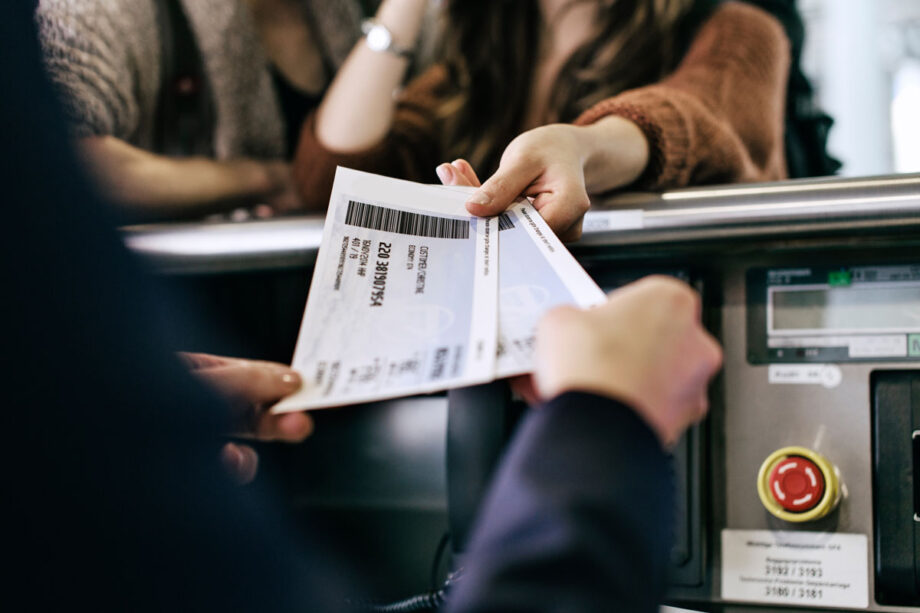2020 has seen many nations shutter their borders. Though many are now re-opening (or have re-opened), there is no quick fix to the current health crisis. That said, numerous solutions have been proposed for us to forge a way forward, with airlines like Qantas claiming they will have a policy next year that only permits The Vaccinated to fly, and various countries being slated to only to let in travellers who have either had the virus already or who have been vaccinated against it.
As DMARGE reported earlier this year, the Brazilian island of Fernando de Noronha decided to only let in travellers who had recovered from Covid 19. CNN Travel recently reported on similar policy being embraced by Hungary, which has, "shut its doors to almost everyone, even its European neighbors... Unless, they've had Covid-19."
The policy was introduced in early September, enabling visitors who could provide evidence they've had and recovered from Covid-19 to get in.
As CNN Travel reported yesterday, "Iceland has plans for a similar policy beginning next week -- and it already gives citizens who have previously been infected permission to ignore the nationwide mask mandate."
These kind of exemptions are being referred to as "immunity passports" – a concept whose scientific and ethical feasibility is currently being studied and debated.
So, what's the story as it stands? The World Health Organisation wrote in April, "Some governments have suggested that the detection of antibodies to the SARS-CoV-2, the virus that causes COVID-19, could serve as the basis for an 'immunity passport' or 'risk-free certificate' that would enable individuals to travel or to return to work assuming that they are protected against re-infection. There is currently no evidence that people who have recovered from COVID-19 and have antibodies are protected from a second infection."
According to CNN Travel the World Health Organisation, as of last Thursday, had not changed its position.
However, CNN Travel yesterday reported the evidence so far suggests that for most people, beating the virus actually does give you immunity. "It's certainly theoretically possible that some people even who have antibodies may not be protected," Dr. Ania Wajnberg told CNN Travel outside her lab at Mount Sinai Hospital's Icahn School of Medicine in New York.
"But I think the majority of people that test positive for antibodies will be protected for some time."
"Wajnberg," CNN Travel reports, "is leading a massive study of more than 30,000 people who had mild to moderate cases of Covid-19. Her latest research published in October found that more than 90% of people have enough antibodies to kill the virus for many months after infection, perhaps longer."
So though the science is not settled, this particular study suggests the risk of a traveller with an "immunity passport" of this kind infecting others while on holiday somewhere is relatively low. As Wajnberg points out: there have only been a handful of documented cases of reinfection (people getting Covid 19 twice).
The question then becomes how long does this immunity last, and how much risk are we willing to take to start opening up again. What is reasonable and what is counterproductive? Iceland's chief epidemiologist Thorolfur Gudnason is thinking along the same lines as Wajnberg, based on his country's own data, and overseas studies.
"I think it's pretty safe," he told CNN Travel. "I mean, everything that we do has uncertainties with it. Nothing is 100%."
Other experts warn there are other risks associated with introducing these policies: "I think the worst-case scenario is that you see a spike in cases that happens because people are incentivized to try to get Covid to demonstrate immunity," Carmel Shachar, a Harvard University bioethics and health law expert, told CNN Travel.
"So, all of a sudden, you'd see people not wearing masks, not respecting social distancing, because they want to get Covid. Especially if more and more countries adopted a similar scheme."
University of Oxford ethicist Rebecca Brown, on the other hand, speaking about the example of Hungary, told CNN Travel she finds it hard to believe people would go out and get Covid – which can come with long term effects even in some young, healthy people – on purpose: "It would be quite an extreme thing to do. And I think, in all likelihood, the vast majority of people wouldn't."
Brown has written a paper analysing the pros and cons of immunity passports, CNN Travel reports, arguing, "Lots of people who are concerned about immunity passports haven't really made many suggestions about how we might resolve the difficulties and they don't look insurmountable. It looks like there are ways that we can address the kinds of problems that could arise."
The next question is whether being vaccinated makes you less liable to spread Covid 19 than having had it and successfully recovered from it, and whether we should (and how we could) implement electronic vaccine passports for those who have been jabbed.
Brown argues those who have recovered from the virus should be treated the same as those who have had the vaccine – something even some "immunity passport" skeptics see the value in, as we don't want to waste vaccine dosages until there's enough for everyone on the planet.
Again though, the devil is in the detail, with Dr Wajnberg telling CNN Travel, "It might make sense... not to vaccinate the people with very high levels of antibodies already, but I think that will be very challenging operationally."
Read Next
- The Psychology Of Travel Shaming; 2020's Latest Plague
- How Long It Will Take Virgin Australia To Become Profitable Again, According To Aviation Advisors
Subscribe to the DMARGE newsletter
Follow DMARGE on Instagram
Follow DMARGE on Facebook
The post ‘Shutting Doors To Almost Everyone’: Experts Debate Hidden Risk Of Immunity Passports appeared first on DMARGE.
from DMARGE https://ift.tt/3ovF7wj


0 Comments